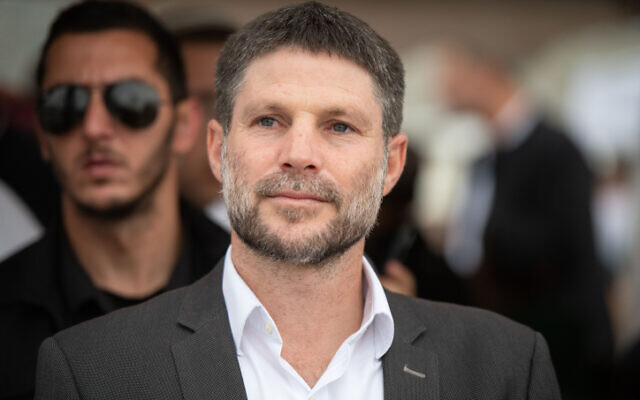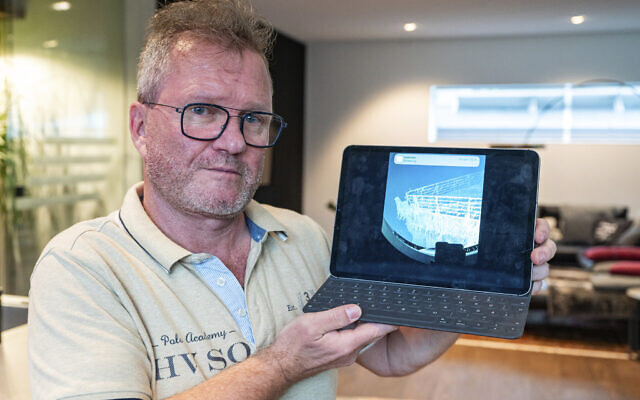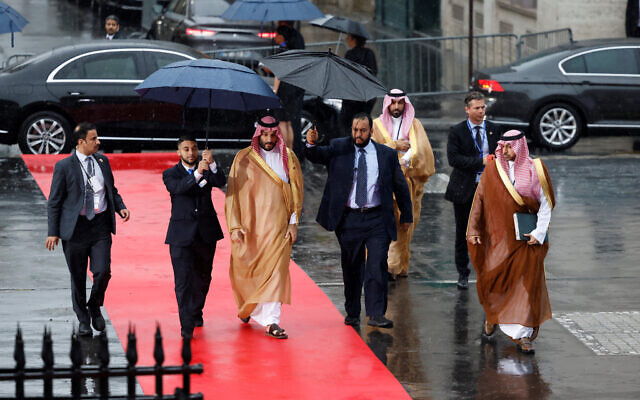‘Next’: A glimpse at innovators and tech set to change the world as we know it
This summary of Avi Jorisch’s new book takes a look at how people and countries are helping meet 13 key sustainable development goals
Shoshanna Solomon is The Times of Israel's Startups and Business reporter
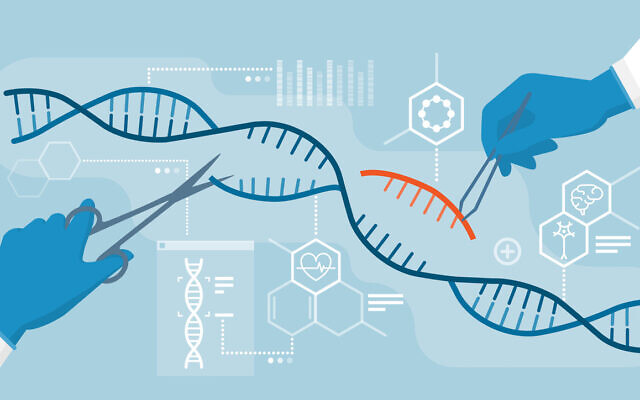
Avi Jorisch’s new book “Next: A Brief History of the Future” lists 13 innovations that are set to impact the world as we know it. (See separate story.)
Below is a summary of how people and countries are helping meet 13 key sustainable development goals as listed in the book:
1. Made in Space Inc.
Thanks to 3D printing, companies can test designs without a large upfront investment. Made in Space 3D printing is set to revolutionize travel, telecommunications, and other industries, helping find solutions for a better future.
2. Khan Academy
The Khan Academy, founded by Salman Khan, is a free online learning platform that provides courses in 18 languages, with volunteers having translated part of the content into another 26. The Khan Academy gives over a billion people around the world access to high-quality free education, which could fundamentally change the destiny of an untold number of people.
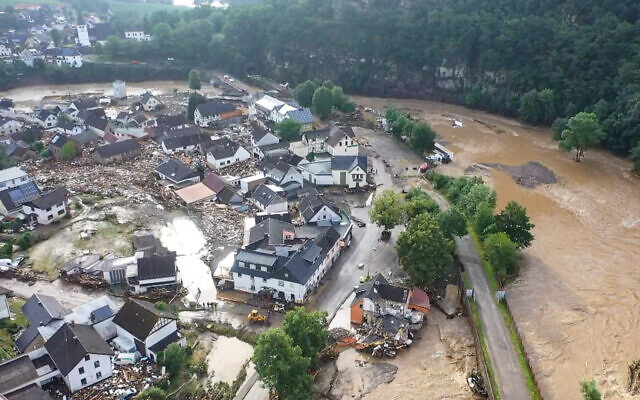
3. Innovation Africa
By 2050, the world’s population is expected to be nearly 10 billion, half of them born in Africa. Sivan Yaari’s Innovation Africa uses simple technology to create self-sufficient infrastructure to give Africans access to clean water, education, refrigeration, medicines and food security.
4. Henk Ovink
According to Henk Ovink, director general of spatial planning and water management in the Netherlands and a leading global flood expert, the world will feel the impact of climate change most profoundly through water. By 2025, almost two-thirds of the world’s population will live in coastal areas vulnerable to ecological problems, including Bangkok, Boston, Mumbai, and New York. The Dutch have been battling the sea for centuries and have implemented systems to ensure the population’s safety.
5. Arunachalam Muruganantham
Arunachalam Muruganantham has created a machine to manufacture a low-cost sanitary napkin that is available throughout India and 27 other countries. His goal is to ensure every woman around the world has access to affordable feminine products within 10 years.
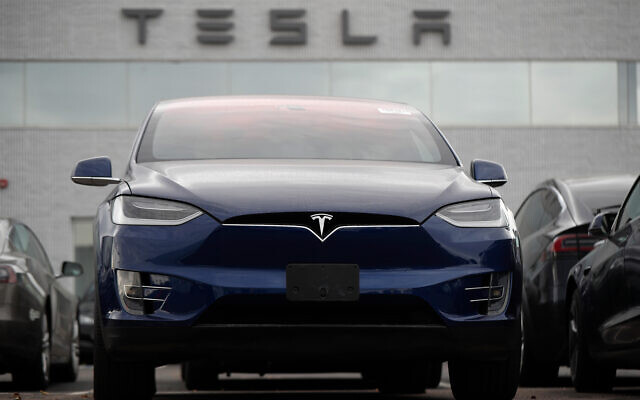
6. CRISPR
CRISPR technology allows scientists to edit DNA by cutting and pasting. The method is already used to manipulate the genes of plants and animals and has been proven to be able to also alter entire species – raising the specter of immense potential but also horrific consequences.
7. The ring of fire
About 2000 earthquakes hit Japan annually, but few cause damage or loss of life. The Land of the Rising Sun is one of the most vulnerable places in the world to natural disasters like earthquakes, typhoons, and tsunamis because of its location in the “ring of fire,” a 25,000-mile horseshoe-shaped area with a series of oceanic trenches, volcanic arcs, and belts, coupled with tectonic plate movements. Japan has developed a series of approaches to mitigate and recover from natural disasters.
8. Martin Eberhard, Marc Tarpenning & Elon Musk
Electric vehicles (EVs) have come a very long way in the last 30 years and are equal or superior to gasoline cars in many ways other than cost. At the center of this story is Tesla, founded by Martin Eberhard and Marc Tarpenning, which later brought in entrepreneur Elon Musk. How long it will take for the world to embrace EVs is not clear, but the shift away from the internal combustion engine is inevitable.
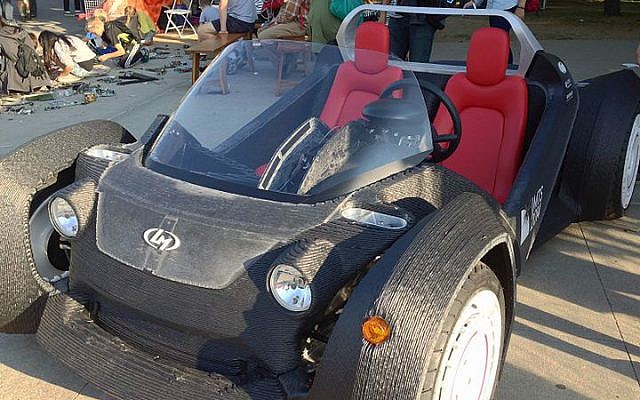
9. Mohammad Yunus
Mohammad Yunus, recognized as the godfather of microcredit, pioneered a concept that uses small loans at affordable interest rates to transform the lives of the impoverished and enable them to free themselves from poverty.
10. Beyond Meat
Research has shown a direct correlation between animal protein consumption and cancer, heart disease and diabetes. Meat production is also responsible for 18% of the planet’s greenhouse gas emissions and uses 70% of arable lands. As the population increases to approximately 10 billion in 2050, the human demand for meat will double, presenting four key challenges: human health, climate change, natural resources, and animal welfare. Ethan Brown founded Beyond Meat to present consumers with an alternative that uses planet-based protein to solve one of the biggest problems facing the world today.
11. TaKaDu
As people everywhere turn on their taps, most are not aware that by 2025, at least half the globe’s population of 7.6 billion is expected to be living in water-stressed areas. According to the World Health Organization, as of 2017, over 2 billion people globally lacked access to safe drinking water. Although Israeli founder Amir Peleg created TaKaDu to help water authorities identify where they were losing water through leakage, the technology has expanded into an operational platform to detect and manage incidents including data problems, meter issues and water quality control. It can also be used as an early warning system to predict adverse events, and thus TaKaDu has become the eyes and ears of water utility companies all over the world.
12. Toomas Hendrick Ilves
Estonia has quietly become the world’s only digital republic. With a mere 1.3 million people, the country has attracted attention from world leaders, academics, and venture capitalists because 99% of the country’s public services are available 24/7 online. For example, taxes are completed in under five minutes, and over one-third of the country’s citizens vote online. Estonia offers the world a powerful blueprint for living in a digital society. Hendrick Ilves, an Estonian ambassador to the US and later the president of Estonia, was an instrumental figure in this transformation, helping the country reinvent itself into what he calls “E-Stonia.”
13. Sebastian Thrun
The automotive industry is undergoing a transformation. Almost every global automaker is working to create the ultimate self-driving machine, and in the not-too-distant future, how people use their cars and how goods are delivered will be very different from today. The consensus is that people will soon be using cars powered not by people but by smart computers, and experts predict that fully autonomous cars will be on the road by 2030. Thrun, Stanford’s Artificial Intelligence Lab director and later the head of Google X, a research lab and innovation center, has been a key figure in developing self-driving vehicles.



